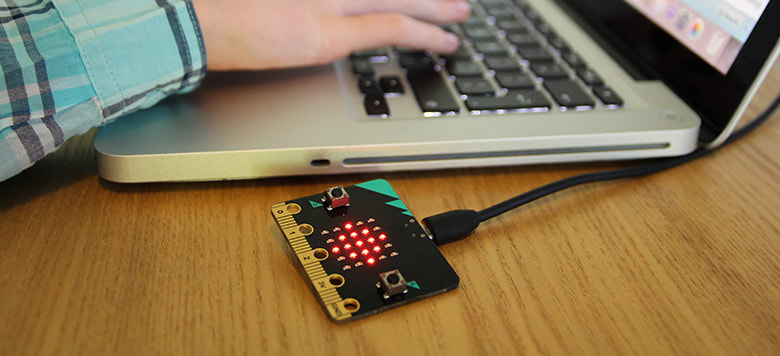
Around that time, I remember meeting a friend to watch him work on a 3D printing project using a library printer, the smell of melted plastic wafting through the room. A couple of weeks before that, I donned my coolest pair of trousers and smartest shirt to shoot a promo video using the maker space DSLR camera, microphones, lighting and green screen. And every Wednesday afternoon I’d watch dozens of kids wander into the room for their weekly code club meeting.
Those were the days!
I don’t know if there’s a better picture of how libraries have been transforming over the past two decades than what I experienced in that maker space. Libraries broke out of their cocoons of book and movie borrowing into vibrant community spaces full of life-transforming educational opportunities and programs for community members of all ages. Makerspaces were popping up in underused corners of libraries, language learning apps were showing up on library websites, and it was a beautiful and majestic thing to behold.
Then the pandemic happened. Library doors were shuttered, and library staff were temporarily sent home.
I remember sitting at home in the 3m x 3m closet I had converted into an office and wondering what was going to happen with library-land. I received email after email from our customers saying their libraries were closing indefinitely.
Then a surprising thing happened. I got a couple emails from customers who were asking if they could run code clubs over a Zoom call. Within a couple of weeks, we had put together a training on how to run code clubs via Zoom, and libraries all over the world started to transition their in-person code clubs to virtual code clubs.
A couple of weeks later we were able to make our software available as a full-blown self-guided digital resource where patrons could learn how to code at home, on their own. Libraries started to advertise our product to their communities, and we had a flood of new users signing up to learn how to code!
Today, as libraries are in various stages of re-opening, I think it’s safe to say two things:
First, the world has changed and the pandemic accelerated libraries’ focus on digital access. Now libraries are no longer limited to in-person programming but can confidently provide virtual programs, just like we saw with virtual code clubs.
Second, new kinds of digital resources are emerging that will help libraries serve their communities in amazing ways. These may be learning and creative tools like our learn-to-code software, or they may be entertainment types of services, but it’s clear that digital resources empower libraries to serve their communities regardless of what pressures are happening in the world.
I, for one, am excited about the changes happening in libraries around the world.
Luke Miller - Head of Code Club, Fiero Code (formerly named Prenda).

If you would like any further information on Fiero Code, reach out to Steve Lowe ([email protected]) or Giovanni Canales ([email protected]) at EBSCO



 RSS Feed
RSS Feed